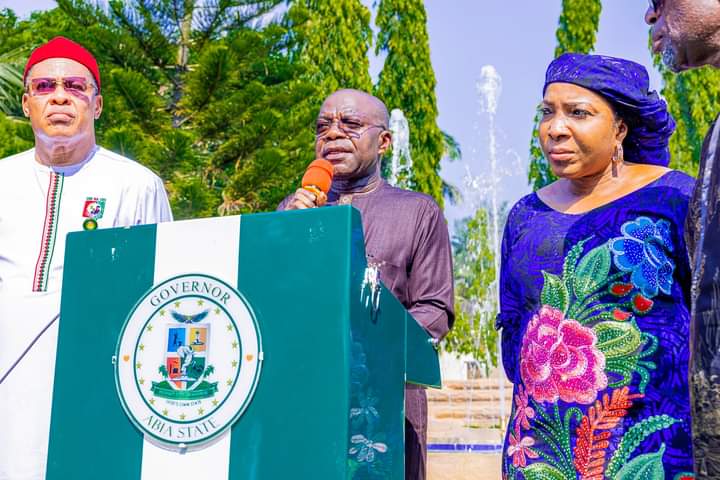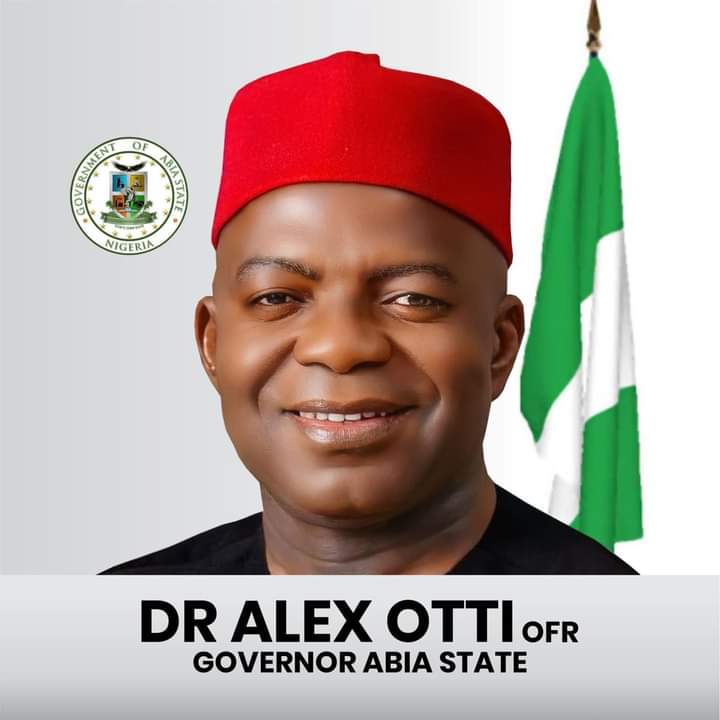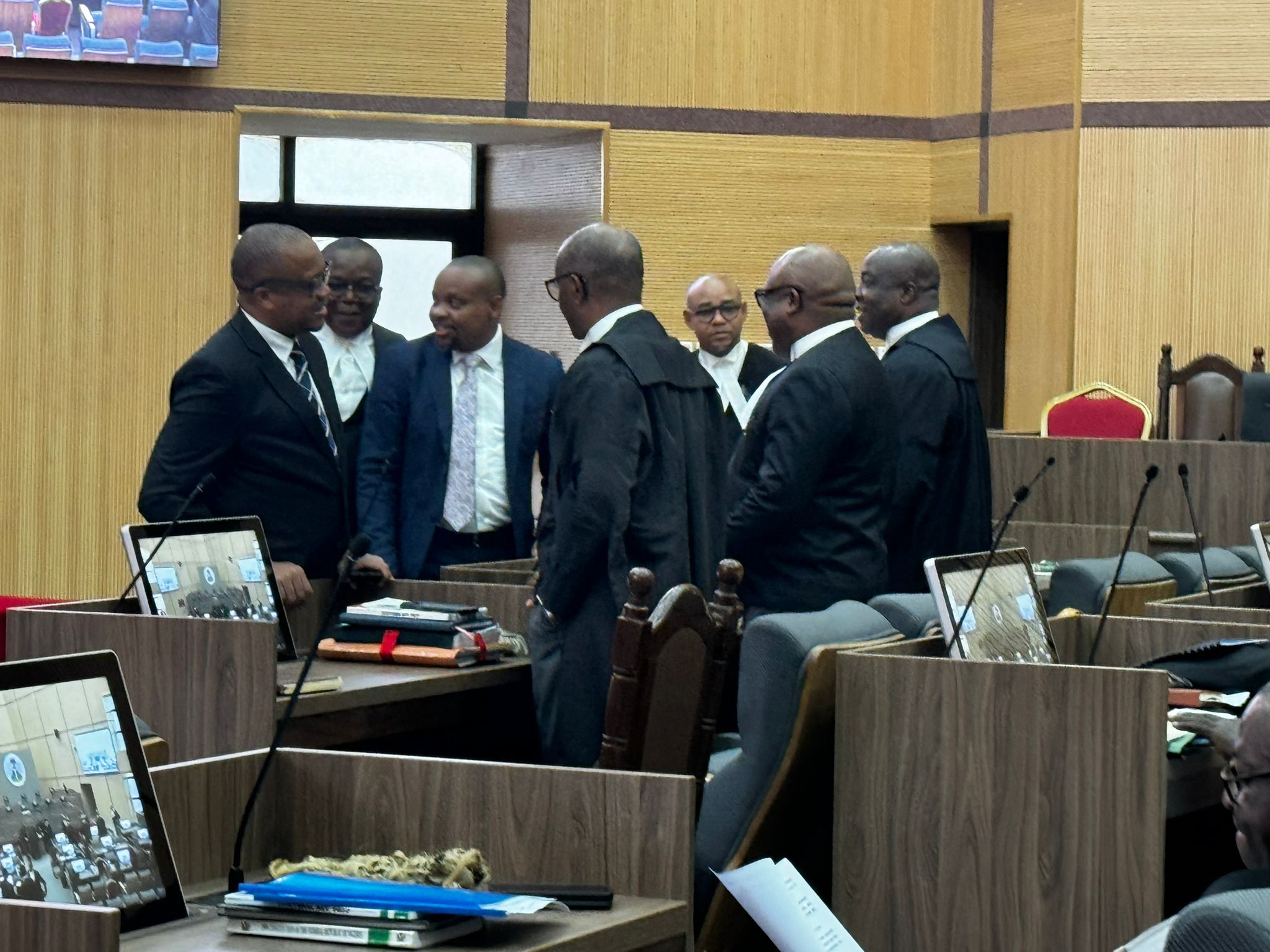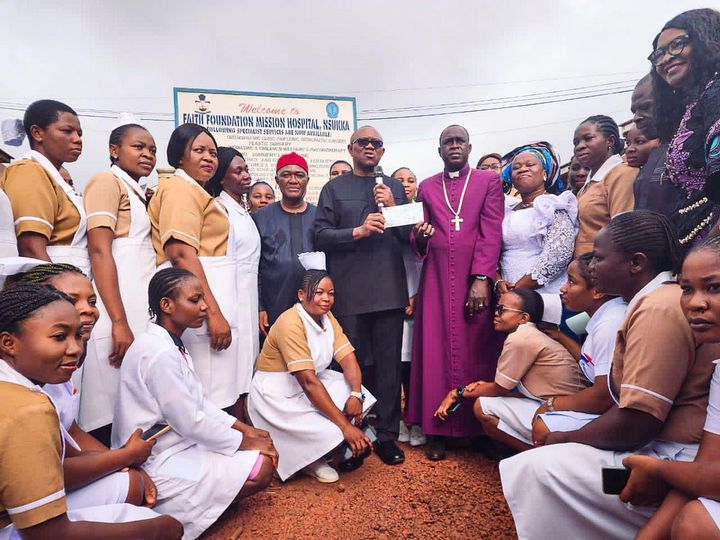POLITICS
PRESIDENTIAL SHOWDOWN AT NIGERIA’S SUPREME COURT: Battle for the Top Seat

The stage is now set for the final battle over the occupant of the nation’s top political office as President Bola Tinubu faces off against the presidential candidates of the Peoples Democratic Party (PDP), Atiku Abubakar, and the Labour Party, Peter Obi, as well as the Allied People’s Movement (APM) at the apex court. This is based on an article by Alex Enumah.
The 60-day period provided by the Nigerian constitution for the Supreme Court to resolve all disputes arising from the February 25 presidential election began on September 18 when Atiku Abubakar and the PDP filed their Notice of Appeal against the decision of the Presidential Election Petition Court. This court had affirmed the victory of Asiwaju Bola Tinubu, the All Progressives Congress (APC) candidate, as President.
Apart from Atiku and Obi, who focused their cases on allegations of corrupt practices, noncompliance, irregularities, and questions about Tinubu’s eligibility due to allegations of forgery, perjury, forfeiture of funds to the United States government, dual citizenship, the APM’s case was based on the alleged unlawful double nomination of Vice President Kashim Shettima.
The battle has now shifted to the Supreme Court, where a seven-man panel will evaluate the judgment of the lower court and determine whether it aligns with the law and precedents set by the Supreme Court, or if it was “perverse,” as claimed by the appellants.
The panel faces the challenge of either setting new precedents by accepting fresh evidence of forgery and perjury against President Tinubu or nullifying the presidential election if they believe it was marred by significant non-compliance, irregularities, and corrupt practices, as claimed by the appellants.
Atiku presented 35 reasons in his Notice of Appeal for the Supreme Court to remove Tinubu as President and sought permission to introduce Tinubu’s academic record from Chicago State University (CSU), which he claims contradicts what Tinubu submitted to the Independent National Electoral Commission (INEC) for his presidential qualification.
Tinubu’s defense, led by Chief Wole Olanipekun, argued that the appellants failed to provide strong evidence to challenge the judgment of the lower court, which was rooted in law and scholarship. Tinubu maintained that he was rightfully declared the winner by INEC, with 8,794,726 votes compared to Atiku’s 6,984,520 votes. He also argued that the appellants did not suggest a correct alternative score for themselves or the respondent.
Tinubu further defended the electoral process, stating that there was no legal requirement for INEC to electronically transmit results, and the lower court had rightly dismissed the petition as lacking in merit. He urged the Supreme Court to affirm the lower court’s decision.
Tinubu also called for the dismissal of the appeals by Peter Obi and the Labour Party, arguing that their case lacked merit and bona fide. He claimed that their petition was more of a media spectacle than a courtroom prosecution.
Tinubu and Shettima similarly requested the Supreme Court to dismiss the APM’s petition for lacking merit and being a waste of judicial time. They argued that the petition was incompetent and an abuse of court processes.
The lower court had previously dismissed the petitions of Atiku Abubakar, Peter Obi, and the APM on September 6, citing a lack of merit and evidence to support their claims. The panel ruled that the petitioners had failed to prove allegations of irregularities, malpractices, and corrupt practices, among other things.
CREDIT: Thisday News






